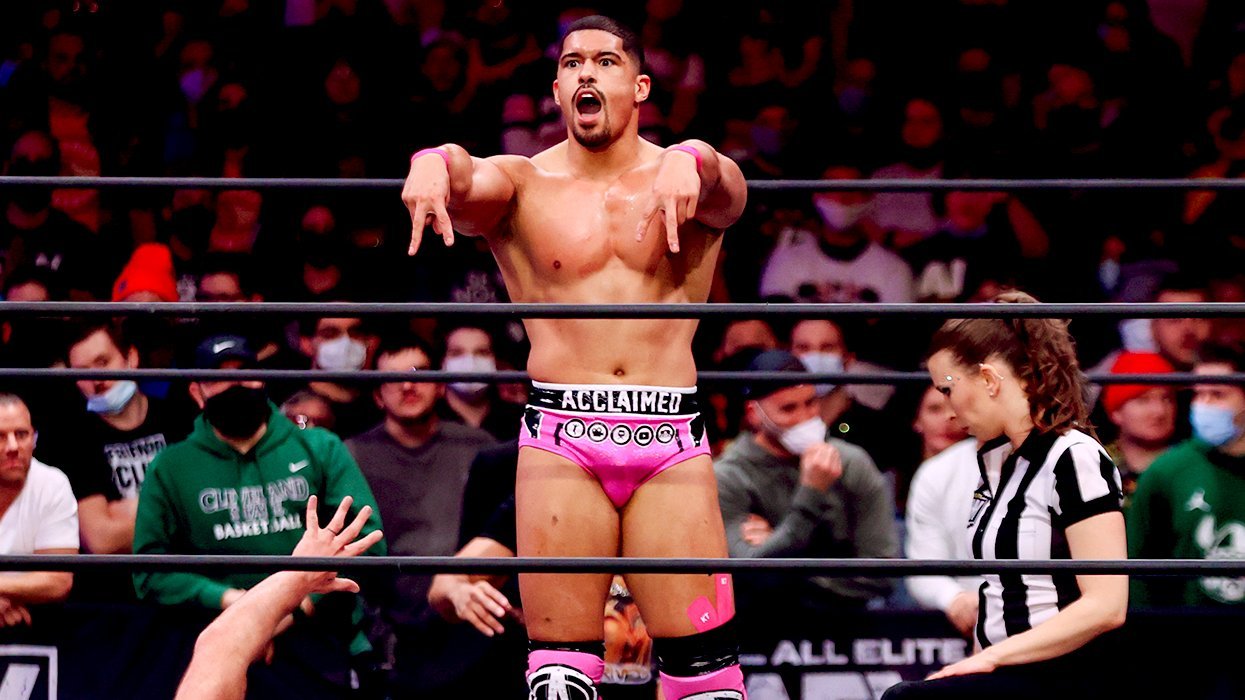Photo: Courtesy Omega
Jean-Claude Monachon, head of product development and VP of Omega, remembers starting his horology career in crisis. "We were the market leader until the late '70s," he says. "Then a consultant declared the end of the mechanical watch, and all the brands switched to electronic. In eight years, we went from the top of Mount Everest to sea level." Thirty-five years on, Monachon has seen Omega rise from the ashes. Here, he discusses the future of the watch -- and why every man should own one.
Should a first-time buyer invest in a mechanical watch or a cheaper electronic one?
Take the latest car on the market: Bursting with technology, it's an exceptional product. Picture it 50 years from now; I think you will see it parked in an alleyway with geraniums growing from its trunk. The technology will have evolved so much that the car will be unusable. But an old car like the Aston Martin DB5 will still roll for 100 years, because there will always be someone who can fix a mechanical piece.
Why look to the past when the industry is all about innovation?
Why reinvent the wheel when so many beautiful things have already been made? The Omega archives are full of treasures. Our designers will look at a minute hand on a vintage watch and add a modern touch like phosphorescent pigments. There are plenty of little things that can be taken as inspiration and improved with current technologies.
What trends do you foresee in the men's timepiece industry?
I think we've reached a size limit: The bigger the dial gets, the uglier the watches look. Right now, it's more about reducing the thickness and using more refined materials.
Of all your watches, which is your favorite?
The watch of tomorrow -- the one that we're still developing in Switzerland.



















































































